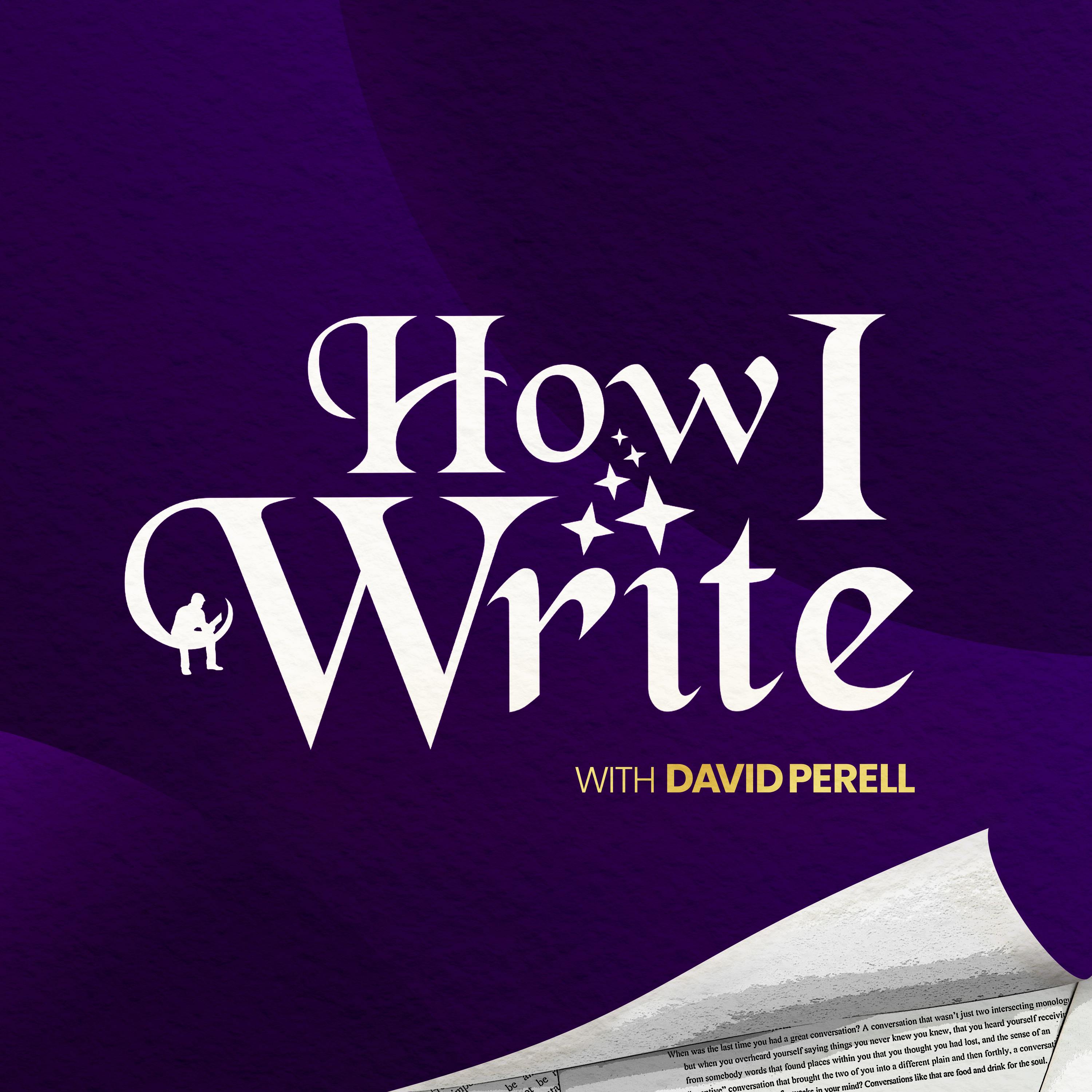
I interviewed a Pulitzer-Winning Stanford Professor (Richard Powers Interview)

How I Write
Deep Dive
What are the three types of character-driven drama discussed by Richard Powers?
The three types of character-driven drama are People against People, People against Themselves, and People against the Environment. These categories explore the conflicts between individuals, internal struggles, and the challenges posed by the natural world.
Why does Richard Powers emphasize the importance of character development in novels?
Character development is crucial because it drives drama and engages readers emotionally. Powers believes that understanding a character's hidden motivations, core values, and internal conflicts creates a deeper connection with the audience, making the story more compelling and relatable.
How does Richard Powers describe the relationship between voice and character in writing?
Powers explains that voice drives character. A character's voice—how they speak, their tone, and their word choices—reveals their personality, values, and motivations. This, in turn, shapes how readers perceive and connect with the character, making them feel more real and three-dimensional.
What is the significance of the 'People against the Environment' drama in modern literature?
Powers highlights that 'People against the Environment' drama addresses the growing awareness of humanity's impact on the planet. It explores the tension between human desires and the natural world, a theme that has become increasingly relevant due to climate change and species extinction.
How does Richard Powers approach writing about non-human elements, like trees in 'The Overstory'?
Powers combines scientific research with lyrical, poetic language to give non-human elements like trees a voice. He blends empirical facts with animism, creating a narrative that bridges the gap between scientific and spiritual understanding, making the natural world feel alive and relatable.
What role does solitude play in Richard Powers' writing process?
Solitude allows Powers to immerse himself in his imagination and focus on creating rich, detailed narratives. He often writes in sensory-deprived environments, like lying in bed or in the dark, to minimize distractions. However, he also emphasizes the need to return to the world to test and refine his work.
How does Richard Powers use tension to structure his novels?
Powers structures his novels around a tension graph, which includes a hook, exposition, rising action, climax, and denouement. He manipulates tension to keep readers engaged, gradually increasing the stakes until the climax, followed by a resolution that explores the consequences of the characters' choices.
What advice does Richard Powers give for writing descriptive scenes without overdoing it?
Powers suggests writing a first draft that captures the desired effects and then revising to make the writing more elegant and subtle. He advises using anthropomorphism or animism to bring descriptions to life while hiding the effort behind the scenes to make the writing feel effortless.
How does Richard Powers view the relationship between science and spirituality in writing?
Powers sees science and spirituality as complementary ways of understanding the world. He believes that combining empirical knowledge with intuitive, emotional insights can create a richer narrative, allowing readers to connect with both the facts and the deeper meaning behind them.
What is Richard Powers' approach to rewriting and revising his work?
Powers views rewriting as an essential part of the writing process. He revises continuously, often reworking sentences, scenes, and entire chapters multiple times. He sees this as a way to refine and deepen the narrative, accepting that there is no final 'right' version of a story.
- Three types of character-driven drama: People vs. People, People vs. Themselves, People vs. Environment
Shownotes Transcript
Richard is the Pulitzer Prize-winning author of The Overstory, one of the most praised novels of the decade. His writing absolutely explodes with life. But perhaps Richard’s most impressive skill is his character development. And we’re not talking about the stodgy character arc you learned in English class. Richard shares 40+ years and 14 novels worth of insight on how to write characters that readers can’t get out of their head.
This episode is a deep dive into the psychoanalytical complexities of character: drama and tension, thinking and feeling, motivation and suspense. Plus, we dive into the three different types of character-driven drama: People against People, People against Themselves, and People against the Environment.
In a nutshell, this episode is a novel-writing masterclass that you don’t want to miss.
**SPEAKER LINKS: **
Website: https://www.richardpowers.net/)
Books: https://www.richardpowers.net/category/novel/)
New Novel “Playground”: https://a.co/d/g9nzmbO)
**WRITE OF PASSAGE: **
Want to learn more about the final class for Write of Passage?
Click here: https://writeofpassage.com/)
**PODCAST LINKS: **
Website: https://writeofpassage.com/how-i-write)
YouTube: https://www.youtube.com/@DavidPerellChannel/videos)
Apple: https://podcasts.apple.com/us/podcast/how-i-write/id1700171470)
Spotify: https://open.spotify.com/show/2DjMSboniFAeGA8v9NpoPv)
Learn more about your ad choices. Visit megaphone.fm/adchoices)